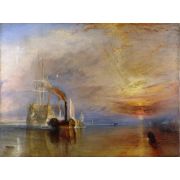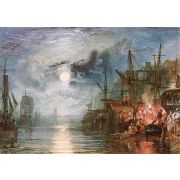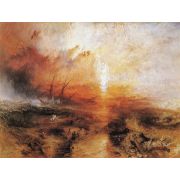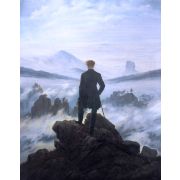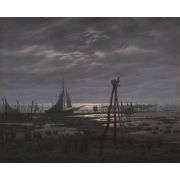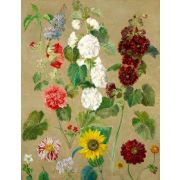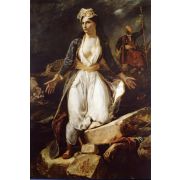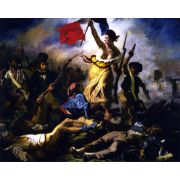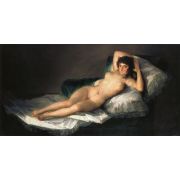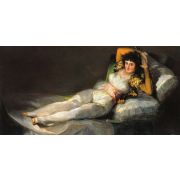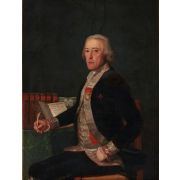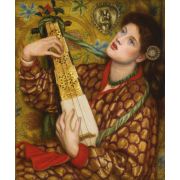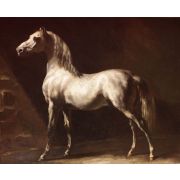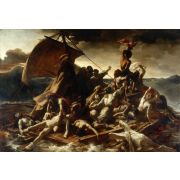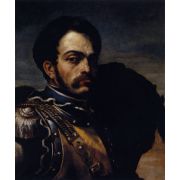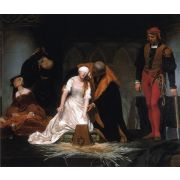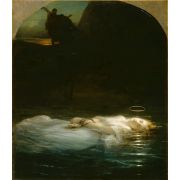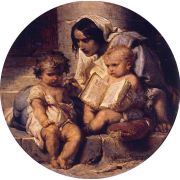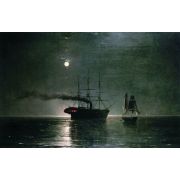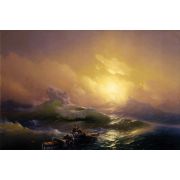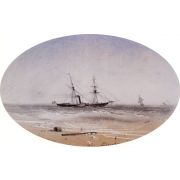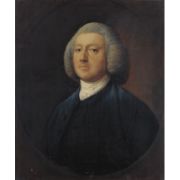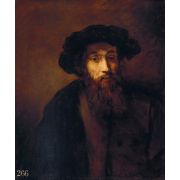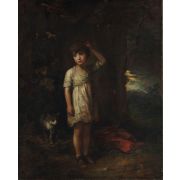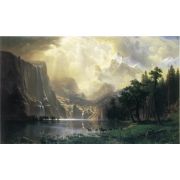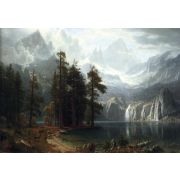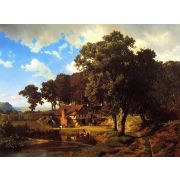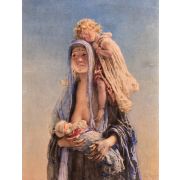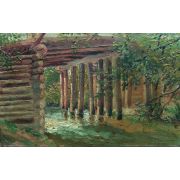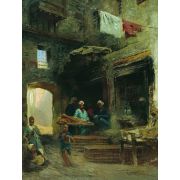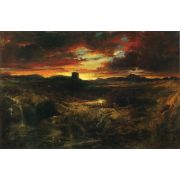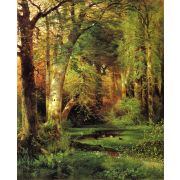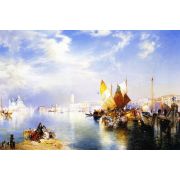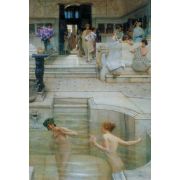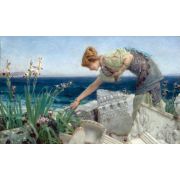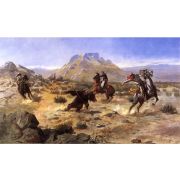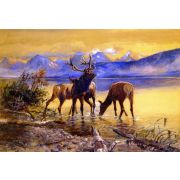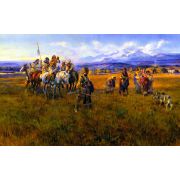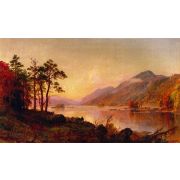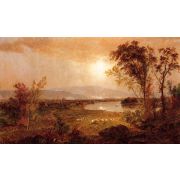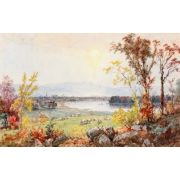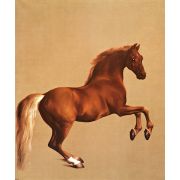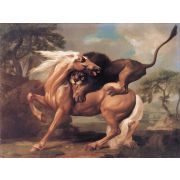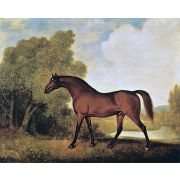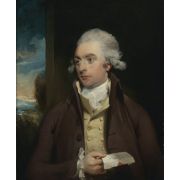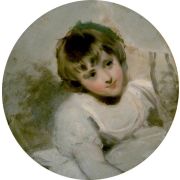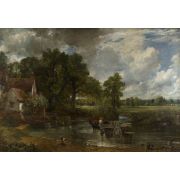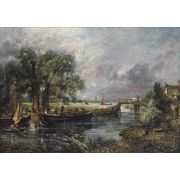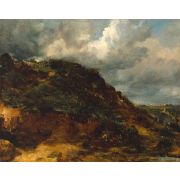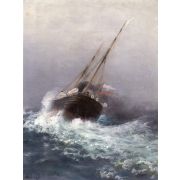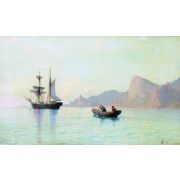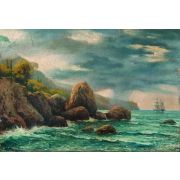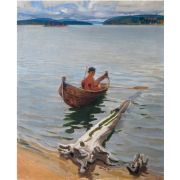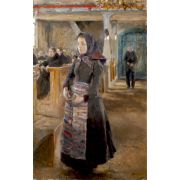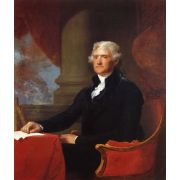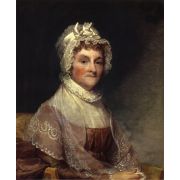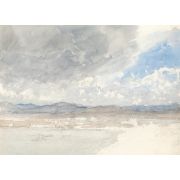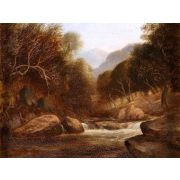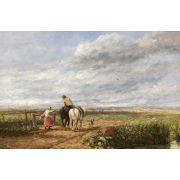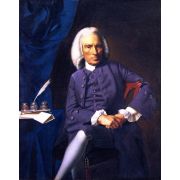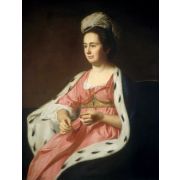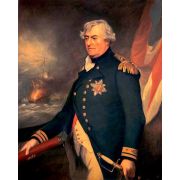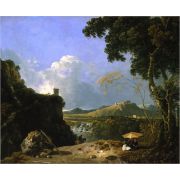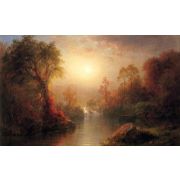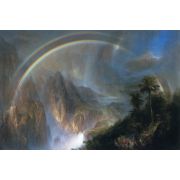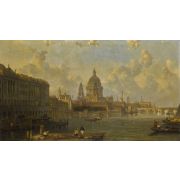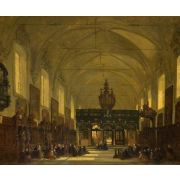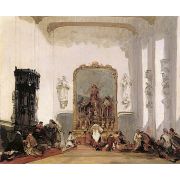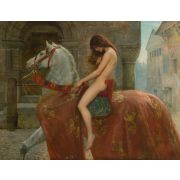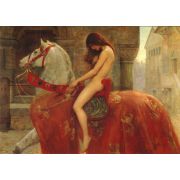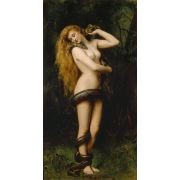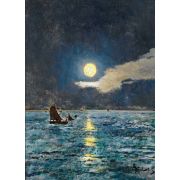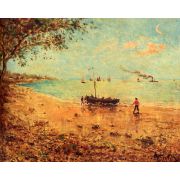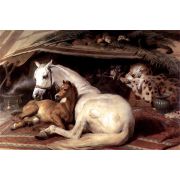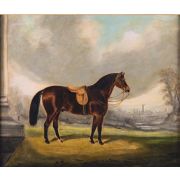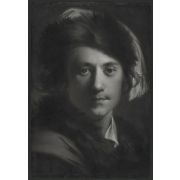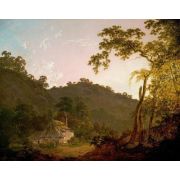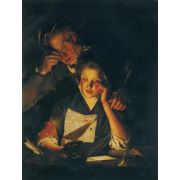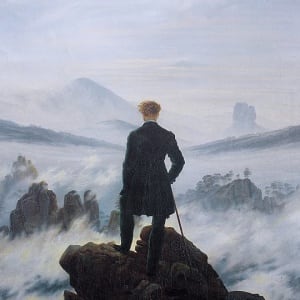
Romanticism
Romanticism
1 to 30 out of 173 artists
Joseph Mallord William Turner
1775 -1851, British / Romanticism, 1276 works
Caspar David Friedrich
1774 -1840, German / Romanticism, 195 works
Eugène Delacroix
1798 -1863, French / Romanticism, 311 works
Francisco de Goya y Lucientes
1746 -1828, Spanish / Romanticism, 242 works
Dante Gabriel Rossetti
1828 -1882, British / Romanticism and Pre-Raphaelite Brotherhood, 219 works
Théodore Géricault
1791 -1824, French / Romanticism and Orientalism, 104 works
Paul Delaroche
1797 -1856, French / Romanticism and Academic Art, 27 works
Ivan Constantinovich Aivazovsky
1817 -1900, Russian / Romanticism, 771 works
Thomas Gainsborough
1727 -1788, British / Romanticism and Rococo, 565 works
Albert Bierstadt
1830 -1902, American / Romanticism , Hudson River School , and American Landscape, 531 works
Konstantin Yegorovich Makovsky
1839 -1915, Russian / Academic Art , Romanticism , and Realism, 417 works
Thomas Moran
1837 -1926, American / Romanticism , Hudson River School , and American Landscape, 406 works
Sir Lawrence Alma-Tadema
1836 -1912, Dutch / Romanticism and Neoclassicism, 395 works
Charles Marion Russell
1864 -1926, American / Romanticism, 303 works
Jasper Francis Cropsey
1823 -1900, American / American Landscape , Romanticism , and Hudson River School, 298 works
George Stubbs
1724 -1806, British / Romanticism, 296 works
Thomas Lawrence
1769 -1830, British / Rococo and Romanticism, 293 works
John Constable
1776 -1837, British / Romanticism, 276 works
Lev Lagorio
1827 -1905, Russian / Romanticism, 261 works
Akseli Gallen-Kallela
1865 -1931, Finnish / Symbolism and Romanticism, 257 works
Gilbert Stuart
1755 -1828, American / Romanticism and Rococo, 251 works
David Cox
1783 -1859, British / Romanticism, 244 works
John Singleton Copley
1738 -1815, American / Neoclassicism and Romanticism, 231 works
Richard Wilson, R. A.
1713 -1782, Welsh / Romanticism, 231 works
Frederic Edwin Church
1826 -1900, American / Hudson River School , Romanticism , and American Landscape, 228 works
David Roberts
1796 -1864, Scottish / Orientalism and Romanticism, 220 works
John Maler Collier
1850 -1934, British / Romanticism, 218 works
Alfred Émile Léopold Stevens
1823 -1906, Belgian / Romanticism, 204 works
Sir Edwin Landseer
1802 -1873, British / Romanticism, 195 works
1 to 30 out of 173 artists
Romanticism also called the Romantic era or the Romantic period, was a movement in art, literature, music, and ideas that started in Europe at the end of the 18th century and were at its height in most places between 1800 and 1850. Romanticism was known for its focus on emotion and individuality and glorifying the past and nature. Romantics also liked the medieval style more than the classical style. It was partly a reaction to the Industrial Revolution, the aristocratic social and political norms of the Age of Enlightenment, and the scientific rationalization of nature, all of which are parts of modernity. It was most apparent in art, music, and writing but also significantly affected history, education, and the natural sciences. It had a substantial and complicated impact on politics. During the Romantic period, it was linked to liberalism and radicalism, but its long-term effect on the rise of nationalism may have been more critical.
The movement put a new emphasis on emotions like fear, horror, and awe, mainly when they were caused by the new aesthetic categories of the sublimity and beauty of nature. It made folk art and old traditions seem more critical and made spontaneity something to be admired (as in the musical impromptu). In contrast to the Rationalism and Classicism of the Enlightenment, Romanticism tried to escape population growth, early urban sprawl, and industrialism by bringing back medievalism and elements of art and stories that people thought were genuinely medieval.
Even though the movement had its roots in the German Sturm und Drang movement, which favored intuition and emotion over the rationalism of the Enlightenment, the events and ideas of the French Revolution were also close factors. Romanticism put a lot of value on the work of "heroic" individualists and artists, believing that their examples would make society better as a whole. It also encouraged people to use their imaginations as a critical source, which gave them freedom from classical ideas of how art should look. In presenting its ideas, there was a strong use of historical and natural inevitability or Zeitgeist. Romanticism was the opposite of Realism in the second half of the 19th century. During this time, the decline of Romanticism was linked to many things, such as changes in society and politics and the rise of nationalism.
Romanticism can be explained by starting with how important it was for the artist to be able to express their feelings freely. The Romantics cared a lot about how they felt. The German painter Caspar David Friedrich said, "The artist's feeling is his law," which shows how strong feelings were to them. William Wordsworth thought that poetry should start with "the spontaneous overflow of strong feelings," which the poet then "recollects" when they are calm. This brings up a new but similar emotion, which the poet can turn into art. To show these feelings, it was thought that the craft had to come from the artist's imagination, with as little interference as possible from "artificial" rules that said what a piece should be about. Samuel Taylor Coleridge and others thought there were natural laws that a good artist's imagination would follow unconsciously through inspiration if they were left alone. As to rules, it was felt that using models from other works would stop the creator from being creative, so being original was important. Romanticism is based on the idea of the genius, or an artist who could make something new out of nothing, and the worst thing you could do was copy someone else's work. "Romantic originality" is a term often used to describe this idea.

